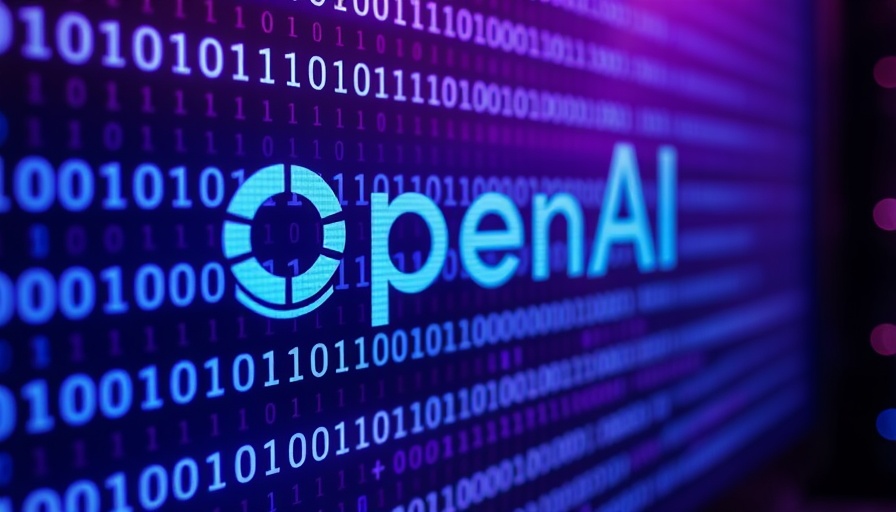
OpenAI’s o1-pro: A Game Changer in AI Development?
OpenAI recently made headlines by launching its most powerful and expensive AI model yet, the o1-pro, as part of its developer API. This new version promises enhanced reasoning capabilities compared to its predecessor, offering developers the potential for superior performance. The pricing, however, raises eyebrows: it costs $150 per million tokens input and $600 for output, making it a significant leap from previous models like GPT-4.5.
Understanding the Cost: Is it Worth It?
At first glance, the costs associated with using o1-pro may deter many developers. Just to use the model, businesses need to have spent at least $5 on earlier OpenAI services. For a small startup or even a medium-sized company, these expenses can accumulate quickly, prompting questions about the ROI of investing in the latest AI technology.
Moreover, while the model is built on improved computational resources and promises better responses for complex problems, early feedback is mixed. Users noted that it struggled with tasks like Sudoku puzzles and basic optical illusion jokes, which raises concerns about its overall effectiveness and reliability. Is enhanced reasoning worth the steep price tag when the model shows inconsistencies?
Performance Benchmarks: Can o1-pro Live Up to Its Hype?
Comparative benchmarks reveal that o1-pro's performance improvements are subtly incremental. Although it scored slightly higher than the standard o1 on coding and math problems, the difference isn't monumental. Early tests indicate that it responded to these queries with more reliability, but still, the gap may not justify the cost hike for developers focused on practical applications.
The Future of AI Models: Trends to Watch
As OpenAI rolls out o1-pro, it's essential to view this launch within a broader context of AI evolution. There is a growing trend towards developing agentic AI that can navigate complex interactions in various domains. Many argue that while computational power is crucial, the true test of an AI's utility lies in its ability to assist and engage users seamlessly in real-world scenarios.
Looking ahead, developers and businesses should monitor how models like o1-pro respond to real-world demands. Will improvements to reasoning capabilities translate into enhanced practical applications, or are they merely marketing tactics? Observing user experiences and performance data will reveal whether the trend of increased investment in AI outputs yields profitable insights that match expectations.
Industry Reactions: The Pulse of Developers
Feedback from the developer community is essential in shaping the future of AI development. Early reactions to o1-pro reflect a mix of excitement for enhanced capabilities and skepticism regarding its practical application. Developers are keen to explore how this model can improve their products but are also wary of the steep learning curve and costs involved.
For OpenAI, addressing these concerns and providing tools that empower developers for sustainable usage will be critical in maintaining relevance and fostering innovation across AI landscapes.
Final Thoughts: Will You Join the o1-pro Movement?
For those in the burgeoning world of AI, following OpenAI’s trajectory is vital. The launch of o1-pro represents a significant milestone in technology, yet it comes with questions that developers need to address: Is the cost worth the potential benefits? How will this model redefine the AI space? As organizations embrace these advanced tools, the future of AI will depend on the balance between innovation and accessibility.
As we navigate the complex world of AI advancements, it's important to stay informed. Embrace the discussions around AI, and consider the implications of pioneering technologies like OpenAI’s o1-pro for your business.
 Add Row
Add Row  Add
Add 




Write A Comment